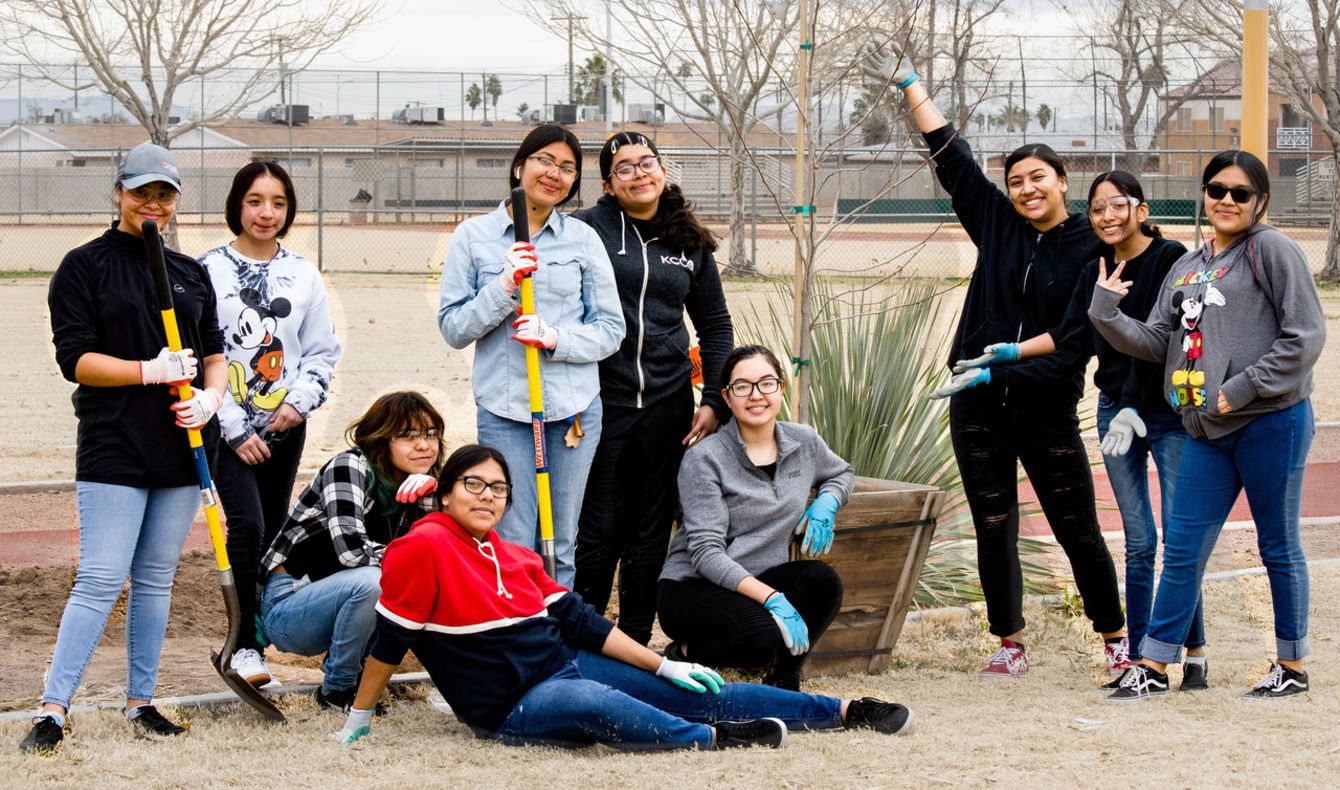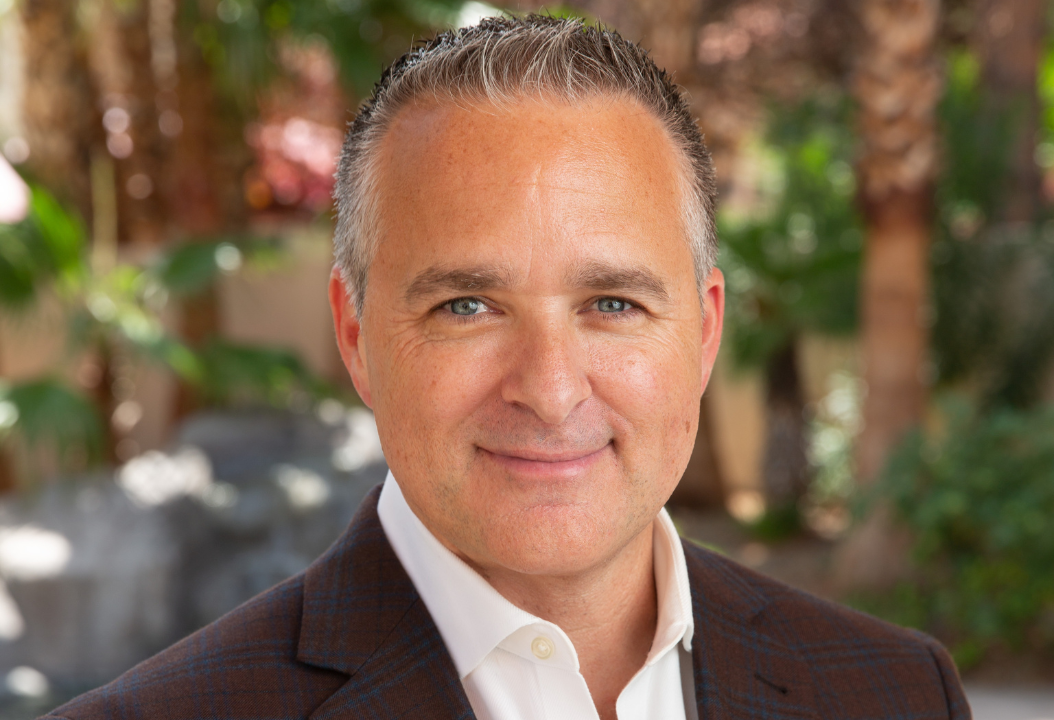Subscribe to our email newsletter and follow us on social media.
Lindsay Harper is the founder and CEO of CORE, a 501(c)3 nonprofit organization with a mission to empower, enrich and educate underserved children in Southern Nevada to lead choice-filled lives.
CORE, powered by The Rogers Foundation, provides long-term, two- generational after school and weekend programs that focus on the individual needs of each student scholar and their family. 100% of CORE scholars have achieved high school graduation. And after graduation, scholars are engaged with CORE through an alumni network to ensure that they stay on track and continue to reach for their potential.
Earlier this year, CORE received more than $500,000 through two grants from the City of Las Vegas. The funds help the non-profit continue to expand and offer long-term holistic support for under-resourced students and their families in Las Vegas.
In this interview, we asked Lindsay Harper about how she founded CORE, what are her goals for the organization and how to build a talent pipeline.

What sparked your idea of starting CORE?
Lindsay: As a born and raised Las Vegan, and the child of a civil rights attorney, I knew the definition of injustice but had not witnessed it until 8th grade. It was then that CCSD started a busing program to try to mitigate segregation within the district. Suddenly, my middle school experience changed dramatically. As I became friends with students of all races and backgrounds, one thing became clear. There was an incredible inequity between kids who were born middle-class, American, or white like me, and the life experience of the low-income students, students of color and those from different cultures.
These inequalities weren’t statistics that I learned about in social studies. These were real things happening to the friends that I cared about. I knew it wasn’t fair that the playing field wasn’t level for all students. It was at that point that I decided I wanted to be an asset to the entire community, not just part. When I was given the opportunity to work for "I Have a Dream" Foundation after college graduation, I found a platform to begin building out equity-based programming that would help ensure economic and social mobility for historically underserved individuals in our community. CORE knows that when you provide equitable tools, skills, and opportunities to children and their families to succeed, they will and on their own terms.
What are CORE's programs and how have these programs helped underserved students and families in Southern Nevada?
Lindsay: CORE focuses on helping students succeed through self-exploration. That means working with students and their families at the same time. Everyone deserves to lead what we call a “choice-filled life” — where they have the agency to make their own decisions, not have their lives solely dictated by circumstances like systemic or institutional racism.
A large part of our focus is social and economic mobility. For the students, that means college and career readiness, leadership development, and case-managed success planning. For the parents, we provide case managed success planning, micro-grants and support for basic needs and leadership opportunities through our Parent Advisory Council. These things can’t possibly happen overnight. That’s why CORE’s model takes place over a seven-year period to ensure that real change and real opportunities can happen.
What are your goals for the organization?
Lindsay: Our first goal is to deliver quality programs and services with dignity, innovation and partnership. Second, our goal is to expand our work to meet the greater need in our community. And finally, our goal is to make the world a more equitable place so that all people have the ability to succeed and lead a choice-filled life. All people matter. Strong and educated students and families benefit everyone.
Where would you most like to build talent? What do you look for when hiring new talent to your organization?
Lindsay: My dream is to create a talent pipeline of individuals focused on advancing equity by getting young people engaged in social justice work in high school, having them study public administration, policy and/or social work in college, and then providing paid internships to work with agencies like CORE to gain experience after they graduate. It is only people that can change people’s lives. We need to start fostering the next generation of community advocates and change makers so that our world can become a better and more equitable place. I look for applicants that are curious, have a growth mindset, and are humble. These three traits go a long way in the work that we do and are the formula for success in work that requires high emotional intelligence and the ability to deal with ambiguity.
What are three challenges you’ve faced thus far?
Lindsay:
- Growing pains due to the balance between quality and scale.
- Getting the community to embrace the fact that a win for one non-profit is truly a win for all as long as we are willing to work together.
- Witnessing the greater need and wanting to scale too quickly. Slow and steady wins the race.
For more information about CORE, follow on Facebook, Twitter and Instagram, or visit www.corewecan.org.
Subscribe to our email newsletter and follow us on social media.









